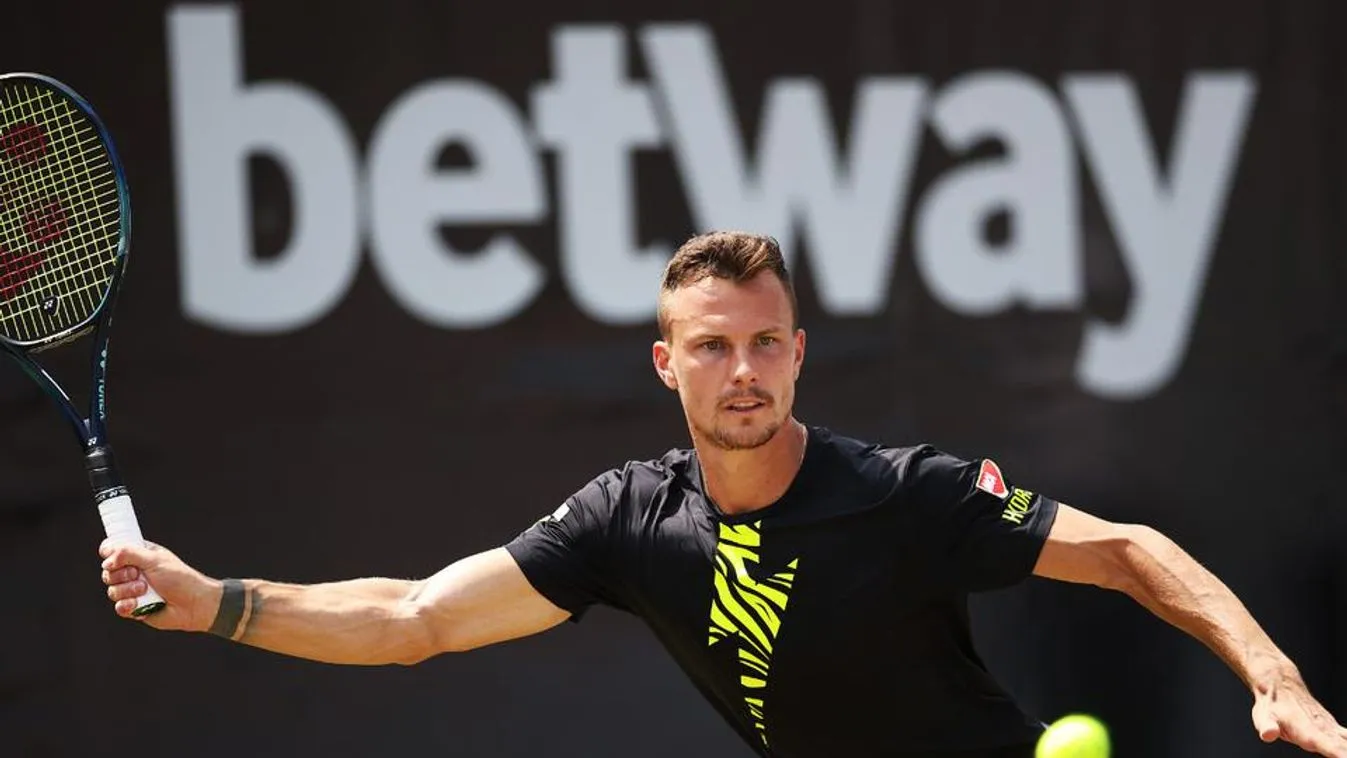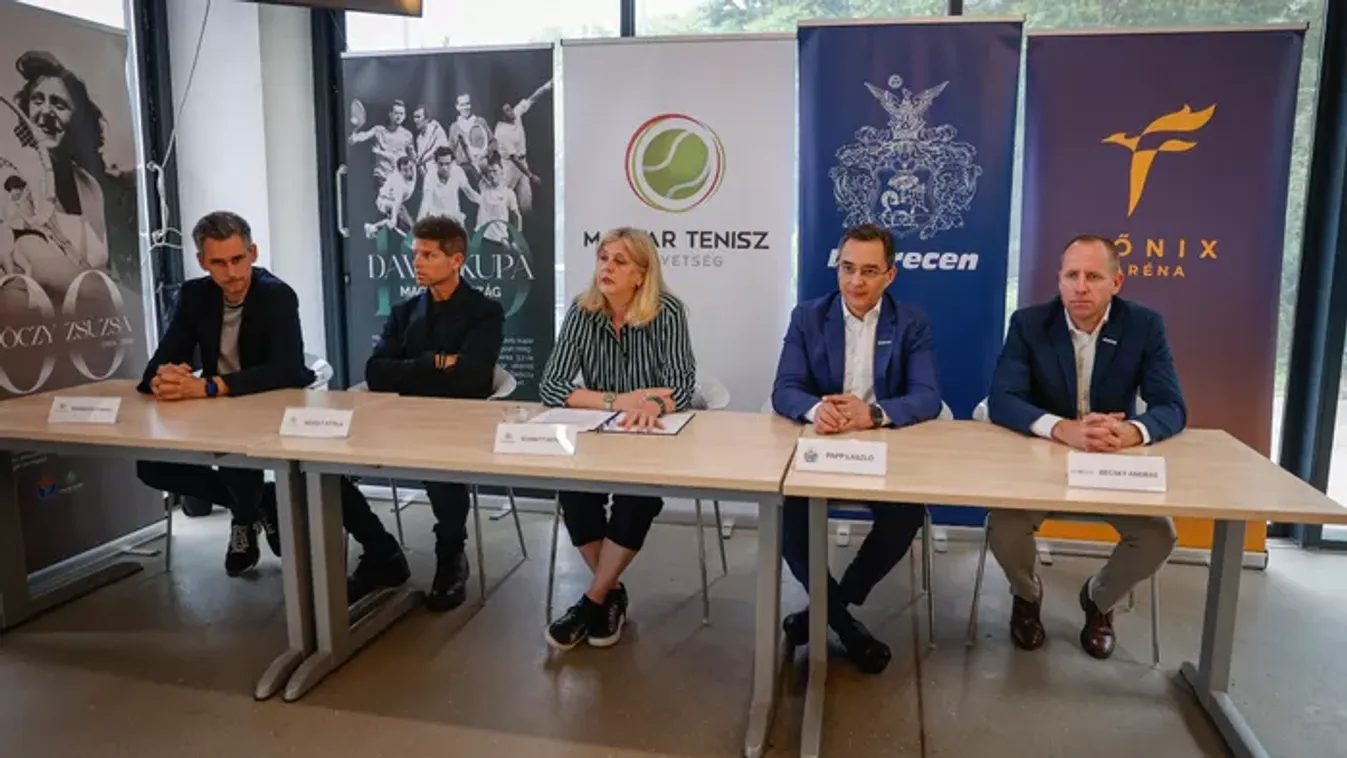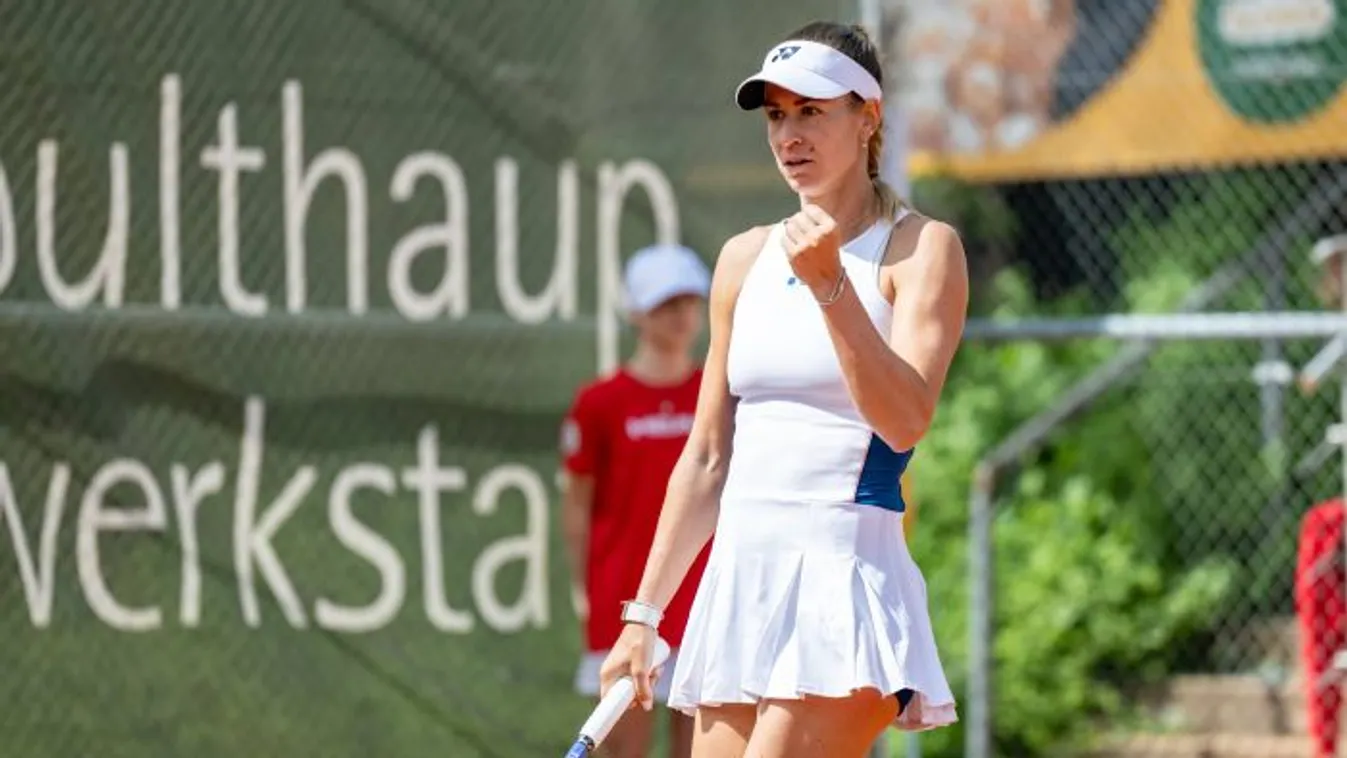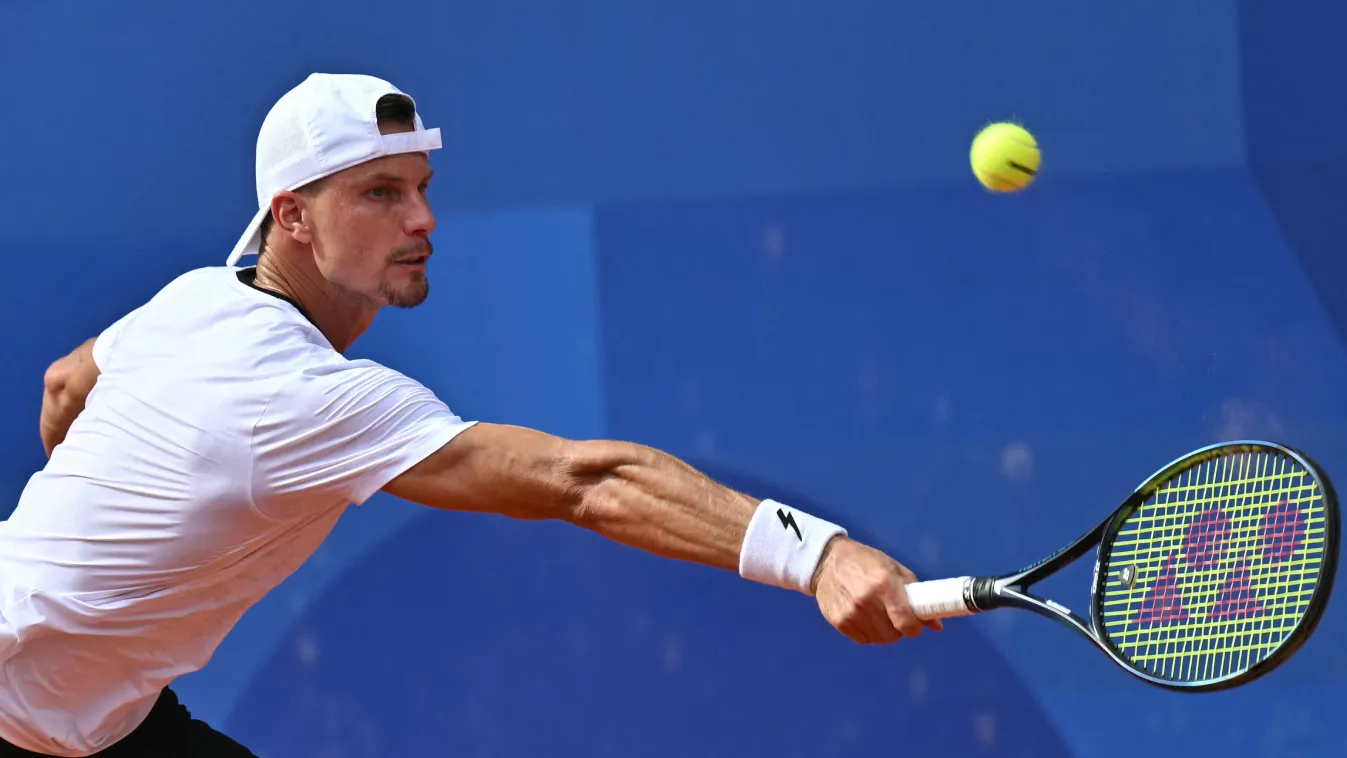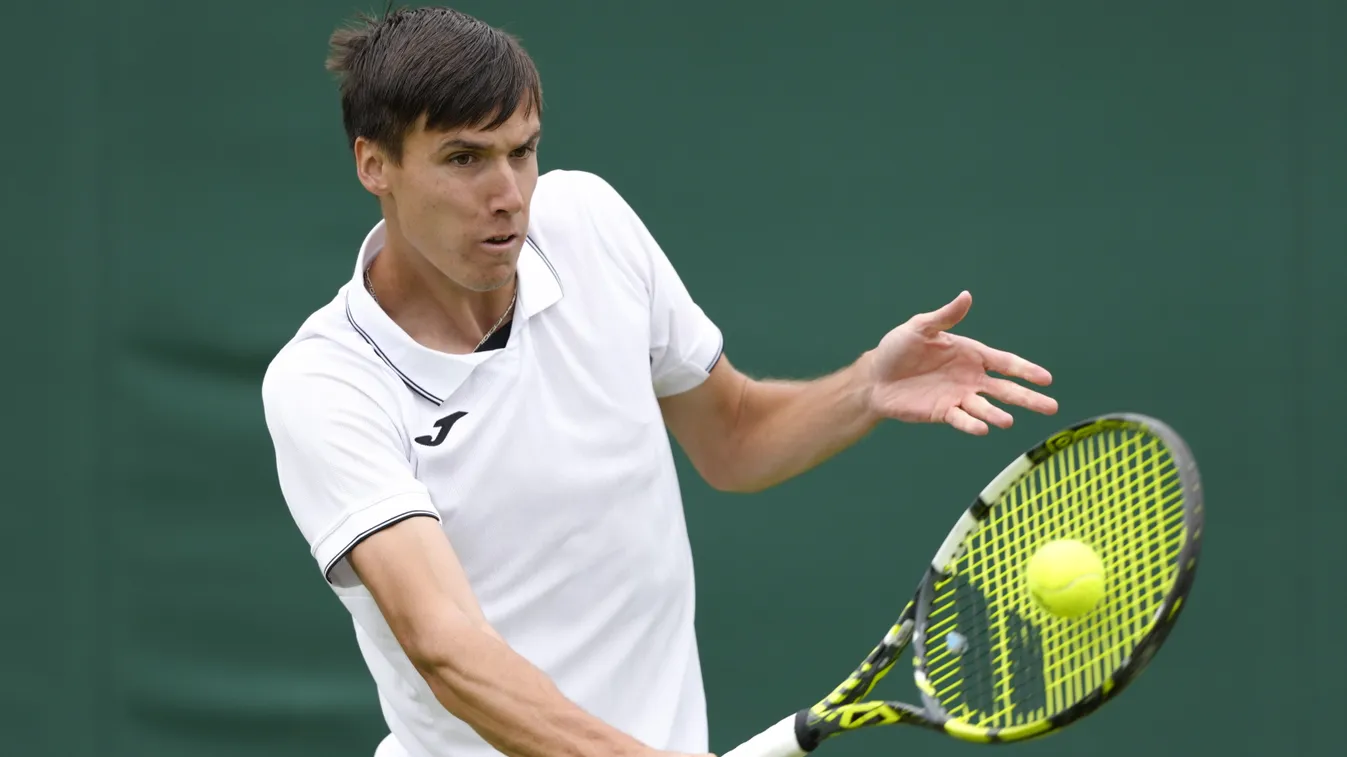Miklós Jancsó: Fucsovics needs a little bit more balance and luck
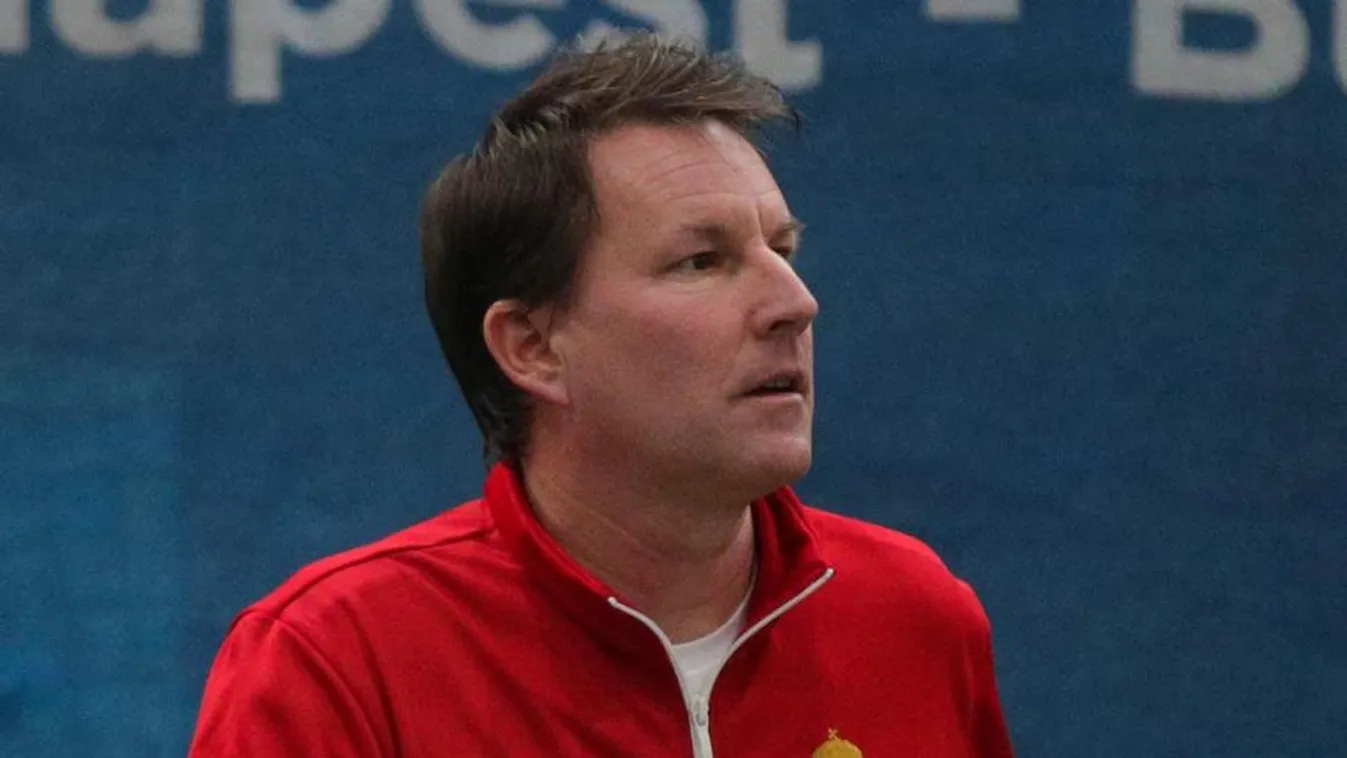
– Which one is the most important measure of a successful year: advancing in the world rankings, playing well on Grand Slams, or having a balanced performance in intermediate tournaments?
– They are certainly related – told Nemzeti Sport Miklós Jancsó, one of the coaches of Márton Fucsovics, who is ranked 40th now and was 55th last year. – To move up, one has to be fairly balanced all year round. Grand Slams are the most important tournaments for a tennis player, and one prepares for it the most. If someone performs well there, there is a gain in extra motivation and confidence.
– Was Wimbledon a special occasion, or could it be the standard for Márton Fucsovics?
– It's interesting because he was able to win the tournament as a junior there, but he's only won few matches as a professional. We knew that the grass court suits his style of play. The results earlier have been missed, but this year everything has worked out for Marci. He played well, knocked out a top ten and two top 20 players, and has played four rounds in a major tournament for the first time – he's played three rounds multiple times – and we are very confident that this will continue next year.
– Do you think the British grass-court competition, or rather the Rotterdam 500, in which Fucsovics qualified to the final by playing in great shape in the preliminary rounds is the peak this year?
– As I said, the Grand Slam is the pinnacle, and although we do not put them in order, we are very proud of all the good results. If I had to choose, Wimbledon and the matches that last until three won sets would come before anything.
– How did you give Fucsovics some adrenaline for last week's tournaments after a tougher period?
– Unfortunately, his shoulder injury affected his American season. After Wimbledon, Marci was far from 100 percent healthy and was very badly affected by having to miss the Olympics. He was eager to participate, and while many say it's not the pinnacle of the sport, Marci loves playing for his country. This broke him mentally, and his injury dragged on. It's been only a month since we could say he plays with minimal pain. Sometimes there is a stabbing pain in his shoulder, but it's manageable. He played tennis with even more pain at the U.S. Open.
– What was your experience at the match against Novak Djokovic in Paris, and what should our best player have more to win a similar clash?
– Zoli Nagy was with him in Paris. I was rooting from home because my family contracted the coronavirus, so we were quarantined. Luckily, we are over it. After the initial uncertainty, Marci played to an incredibly high standard, which is necessary in addition to luck, to have some chance against Djokovic. The Serbian player was motivated and well-prepared, and it's very difficult to beat him. It was great to see how much Marci was up to the task, taking a set away from the world's number one player. He had some chance in the third set as well, but he didn't take advantage of that, and then Djokovic produced a fantastic game.
– Does it happen nowadays too that a defeat breaks your athlete?
– He's got tremendous experience, he has a lot of victories and defeats behind him, but he's great at processing them. We also strive to manage everything in place. Everyone is aware that only a few players can perform for a year straight just as well, and others experience shorter or longer ups and downs. Even though they do everything the same way, sometimes it doesn't work out, and Marci learned to live with that.
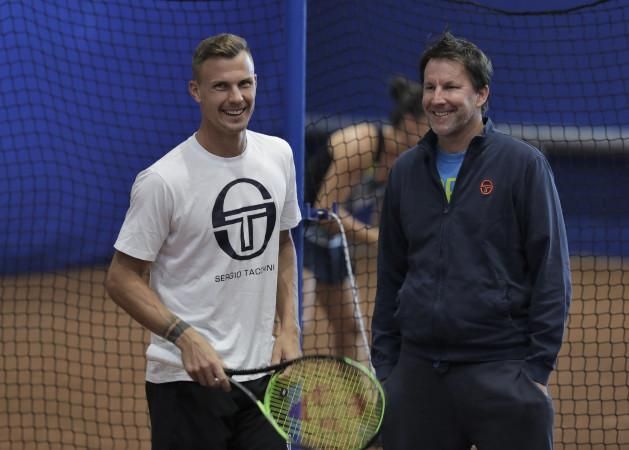
– You and Zoltán Nagy have been in charge of preparing the tennis player from Nyíregyháza for two years. Does the division of labor continue to work well?
– Fortunately, we have a very good relationship with Zoli both professionally and personally. We talk about everything, there's no conflict between us, and it's very easy to work with him because he's a fantastic person. We have a plan for who's going to which tournament, but of course, Marci sometimes has a special request for which one of us he prefers to go with somewhere. I was supposed to go to Paris and Stockholm with him, but because of my illness, Zoli substituted me.
– Could there be a year for Fucsovics just like this one was for Cameron Norrie? He is not very young but has won an astonishing number of matches and made it to the top ten.
– We really do hope so. We're always trying to improve in little things. We don't have to think about anything big, but there are things we put more emphasis on and we're confident it'll push him through tough matches, gain more confidence and build an even longer winning streak. Hopefully, next year will be a more productive year than this one, although it's a very tough world, it's hard to be in the top 100. Marci, however, is extremely motivated and has a professional attitude, so he can move up even more than where he is now. Maybe he can reach the top 20. To do this, he needs a little bit more balance, luck, and to avoid injuries. Then our dream can become a reality.
| The Hungarian national team plays in Turin next week in the 18-team Davis Cup final. Australia and Croatia will be the group opponents. The men's national team's key player is no other than Márton Fucsovics. "Marci is preparing a lot because if he fights for his country and the team, he can perform even better," said Miklós Jancsó. “This week, he is already training with Fábián Marozsán. We have injured and sick players in the squad, therefore the exact lineup is still questionable. We are in a difficult situation because Croatia and Australia have fantastic players in doubles, too. What can be an advantage for our youngsters is that the matches go until two sets are won, and Zsombor Piros and Fábián Marozsán also go into the finale with great confidence and excellent results in challenger tournaments. They can surprise the top hundred players who may be tired by the end of the year." |
Translated by Vanda Orosz
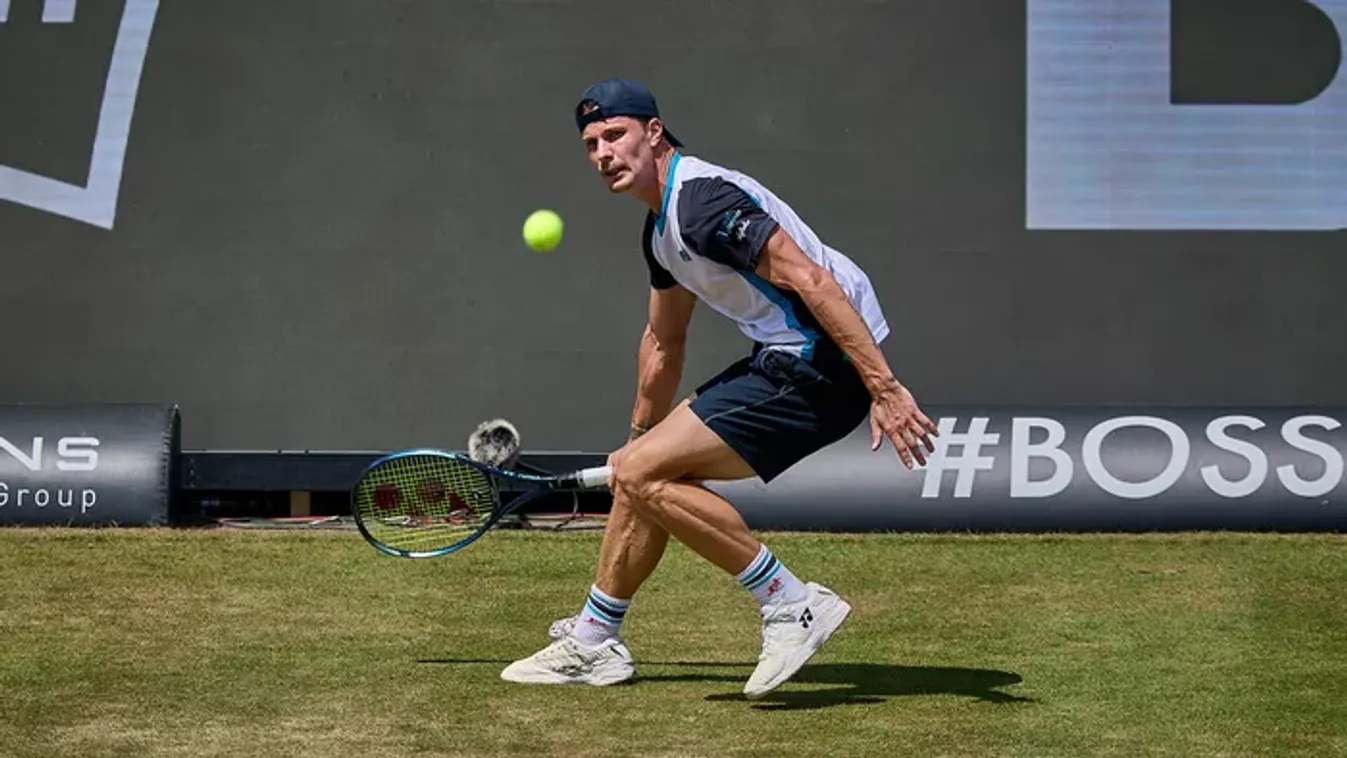
Fucsovics főtáblás Wimbledonban
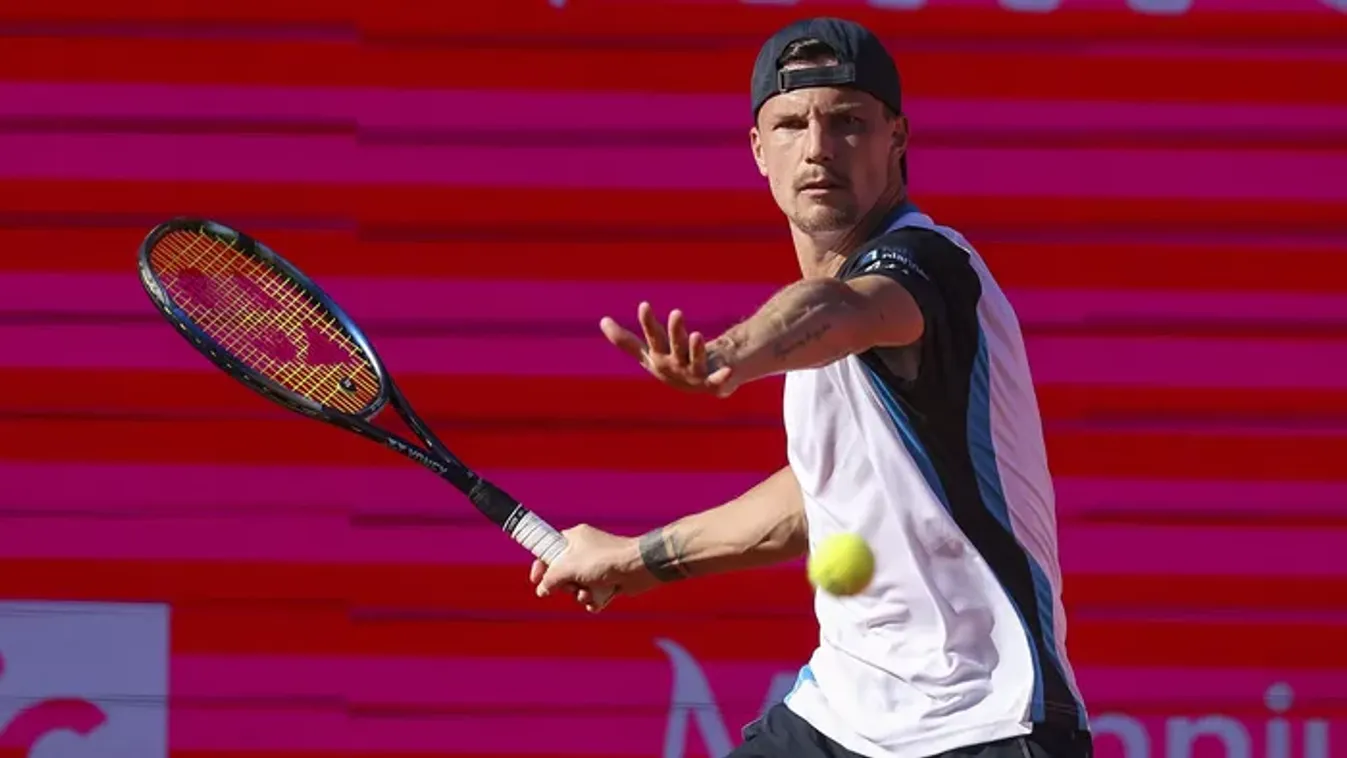
Marozsán és Fucsovics is indul a genfi tenisztornán

A PÁRIZSI OLIMPIA ADATBANKJA – TENISZ
